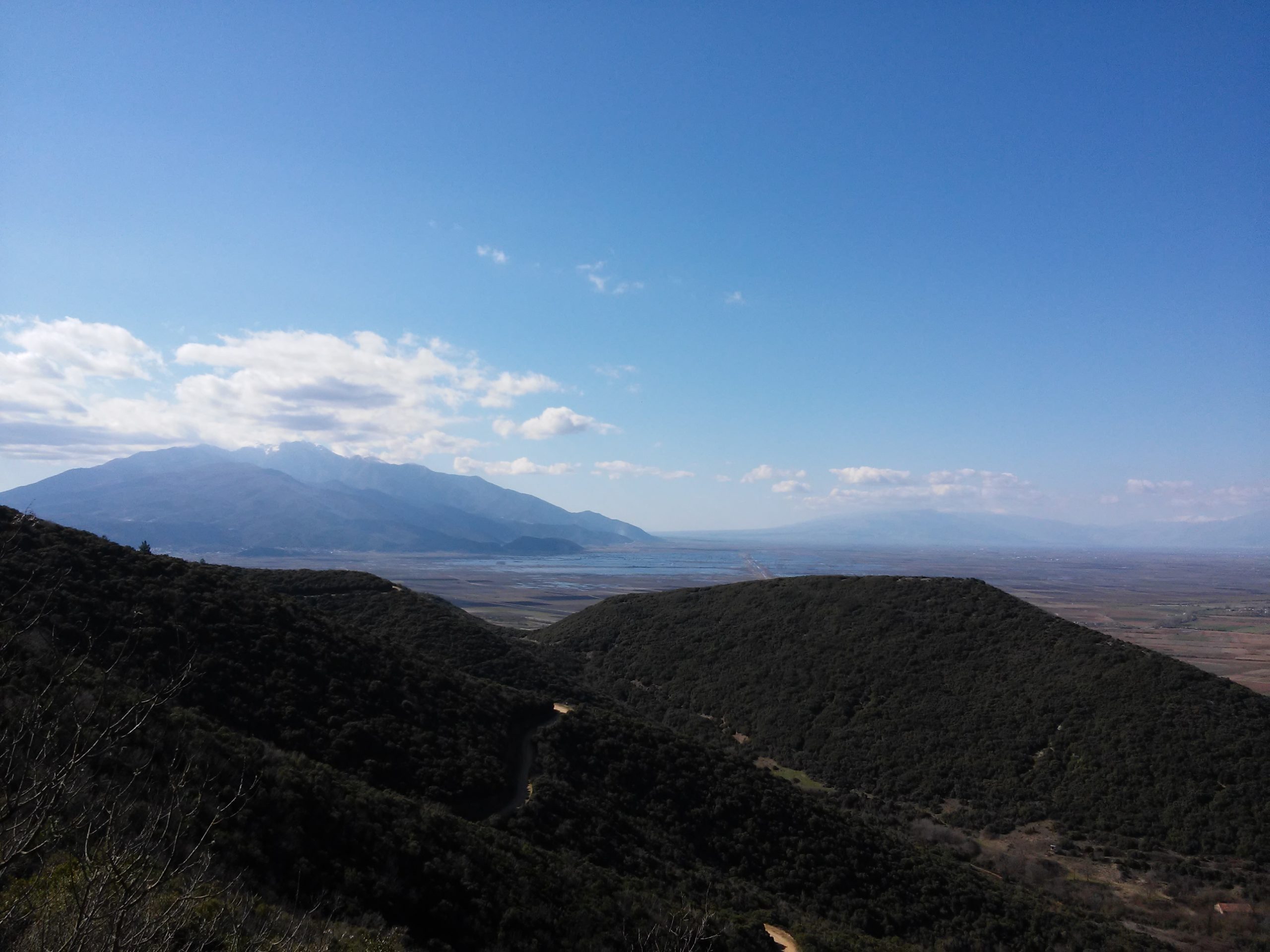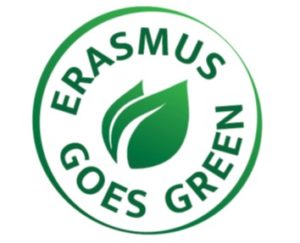
Erasmus Goes Green
IO2 – Development of a CO2 visualisation tool to reduce the Erasmus+ carbon footprint
FInd out More:
What is the Carbon Footprint of your choice of travel?
send us your carbon footprint
Calculate driving route
MEASURES TO REDUCE THE TRANSPORT-RELATED CARBON FOOTPRINT
| Category | Measures | Examples |
| Awareness | Educational communication that raises initial awareness and highlights travel alternatives by presenting easily digestible evidence |
Facts & figures, carbon footprinting |
| Positive, social communication that improves attitudes and identification around the desired travel behaviour |
Personal testimonies, framing, pledges, calls to action |
|
| Practical, informational communication that equips the person to change their travel behaviour and reduce their carbon footprint in other ways |
Tips & tricks, resource sharing | |
| Financial incentives |
Partial to full monetary compensations of direct costs of sustainable travel |
Upfront top-ups, reimbursements |
| Partial to full monetary compensations of complementary products and services that improve convenience of sustainable travel |
Discounts, upfront top-ups, or reimbursements of products and services such as travel cards or extended accommodation |
|
| Financial disincentives |
Monetary deductions for undesirable travel behaviour |
Monetary deductions for undesirable travel behaviour |
| Monetary restrictions or limits for undesirable travel behaviour |
Limiting funding for air travel per person or administrative entity such as a faculty |
|
| Non-financial support |
Guiding travel planning and booking decisions |
Decision-making tools, individualised or destination-specific feedback, booking support, changing default travel options to sustainable modes |
| Facilitating group travel by linking up travellers going to the same destination around the same time |
Travel buddy groups such as those facilitated by Go2Rail |
|
| Directly providing or enabling easy access to complementary travel products and services that improve convenience |
Offering option to easily book Interrail passes or public transport cards (possibly with a financial incentive), partial to full monetary compensations for extra nights at accommodation or ticket upgrades |
|
| Organisational changes |
Considering added travel time associated with sustainable travel modes as work or study hours |
Extending Erasmus+ grant in accordance with hours of travel on sustainable travel mode |
| Providing flexibility in mandatory in- person attendance and improving possibilities for virtual participation |
Allowing the option for virtual participation in case of schedule conflicts, preventing long gaps in between events, investing in virtual solutions and support |
|
| Shifting travel booking responsibilities beyond the individual to a centralised entity |
Hiring a travel agency, creating an internal booking office, ensuring only support staff can book travel |
|
| Restrictions | Enforcing fixed travel-related budgets at administrative levels |
Carbon or flight budgets at university, faculty, or departmental levels |
| Prohibiting the use of certain modes of transport under certain conditions |
Conditions such as travel duration, travel distance, duration of stay, purpose of visit, number of past exchanges, etc. |







